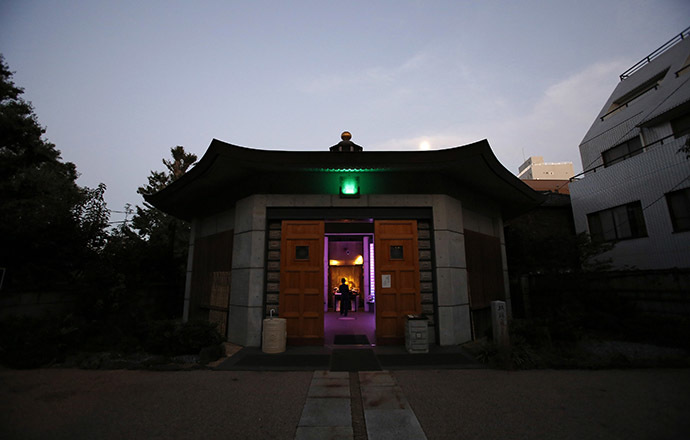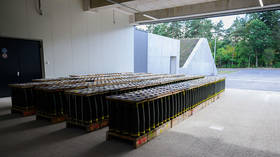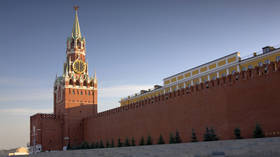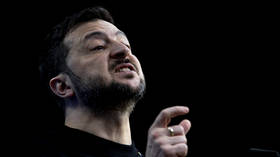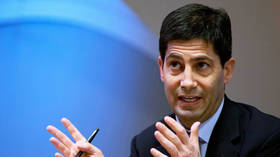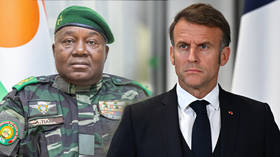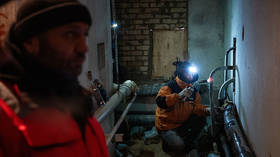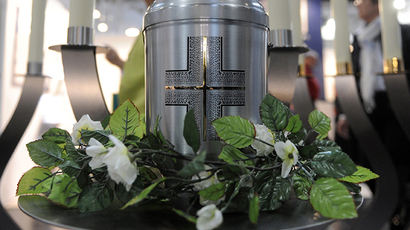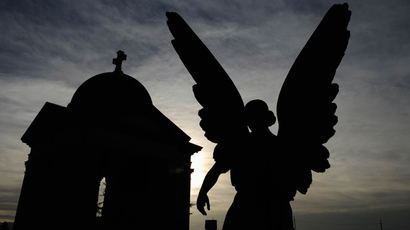Planning your own funeral: End of life preparations on rise in Japan (PHOTOS)
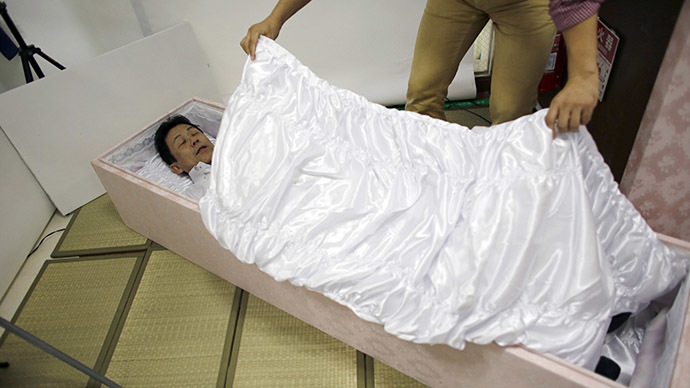
Trying out a coffin, posing for a tombstone photo, and simulating the scattering of one's own ashes into the ocean: Japan’s elderly are taking funeral preparations into their own hands, with ‘end of life’ preparations gaining popularity in the country.
With a population that is expected to shrink by nearly 30 million over the next half century, the country's funeral market is extremely active.
The number of death-related businesses quadrupled between 2000 and 2013, reaching nearly 2,000 establishments.
During that period, the industry's revenue has skyrocketed from 263 billion yen (US$2.3 billion) to 598 million yen ($5.2 billion).
The increase in investment has also seen plenty of Japan's branded creativity and innovative technologies being implemented in the funeral business.
Ryogoku Ryoen, a multi-story graveyard in Tokyo, is equipped with a system that retrieves the correct tombstone or urn based on the identity card provided.
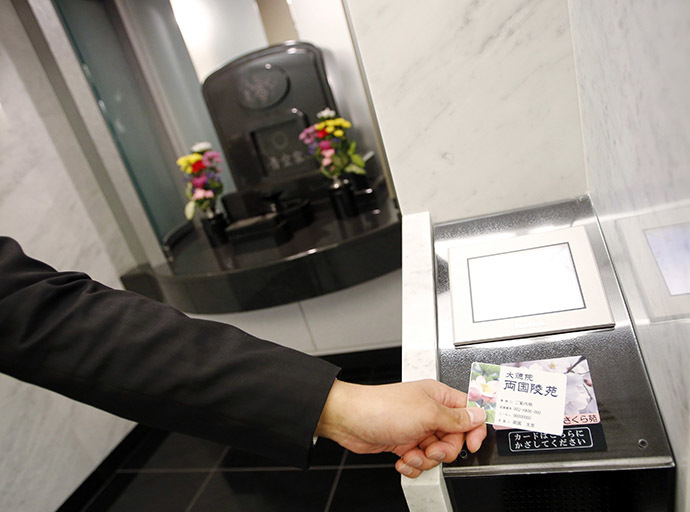
Another cemetery in the Japanese capital, Ruriden, saves plenty of space by placing over 2,046 tiny gravestones in the form Buddha statues under the same roof.
Those who have acquired a space at the burial ground are given the opportunity to light up their specific gravestone with color-changing LED lights by using an electronic card.
Junkoh Nagakura, who plans to be laid to rest at Ruriden, told Reuters that “knowing that I am being remembered along with everyone else actually has a sense of peace to it."
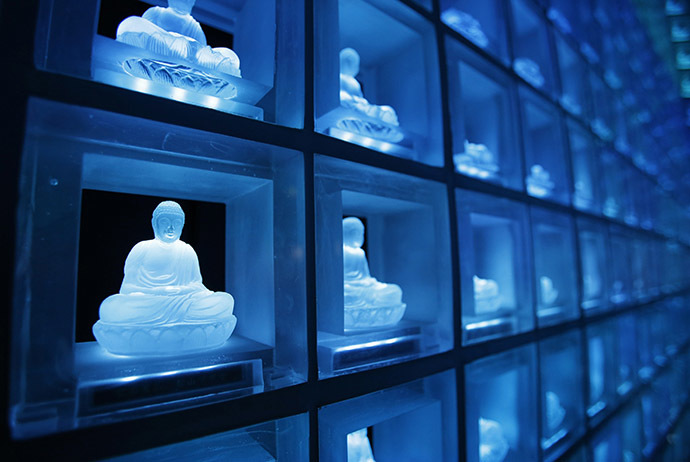
One of Japan's largest shopping chains, Aeon, has also turned to the funeral business, providing a large variety of services – from consultations on how to write a legally acceptable will to offering people the chance to try out a coffin for size.
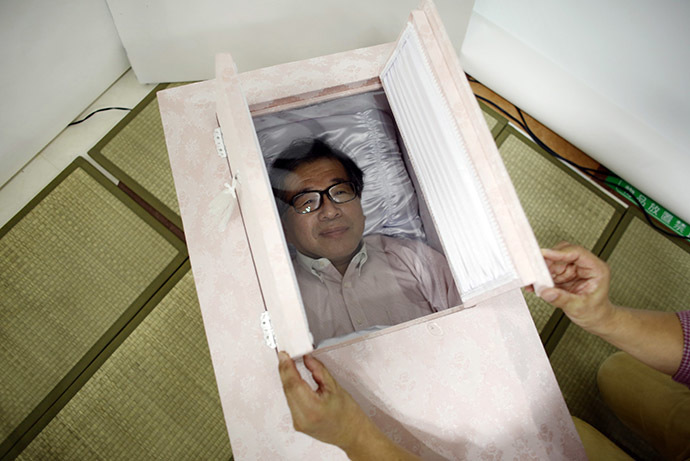
However, Aeon and other major companies are only allowed to introduce and sub-contract funerals, as services are organized by temples and operated by religious Sinto, Buddhist, and other religious organizations.
Shukatsu, or ‘End of life’ tours, have also become popular recently. Participants have portraits taken for their funerals, visit funerals, and participate in a simulation of scattering their own ashes.
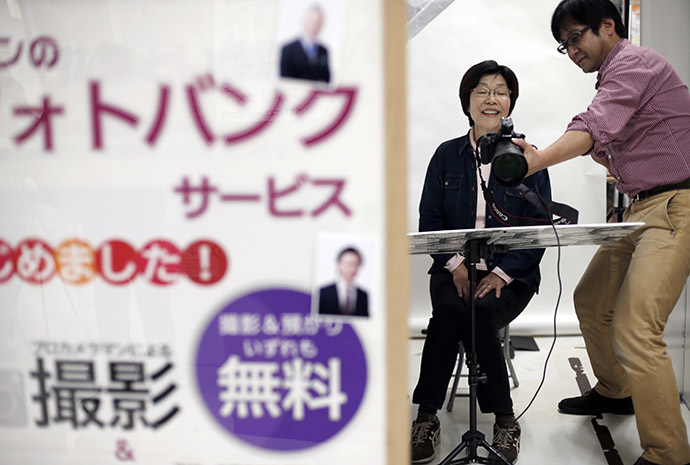
Hatsue Toyo-izumi, 71, who participated in the scattering of her own ashes, said she was “very impressed.”
“Though my oldest daughter lives in the United States, the ocean is connected around the world, so I can stay with her all the time,” she told Japan News website.
During the ceremony, human remains were substituted by a bag filled with salt.
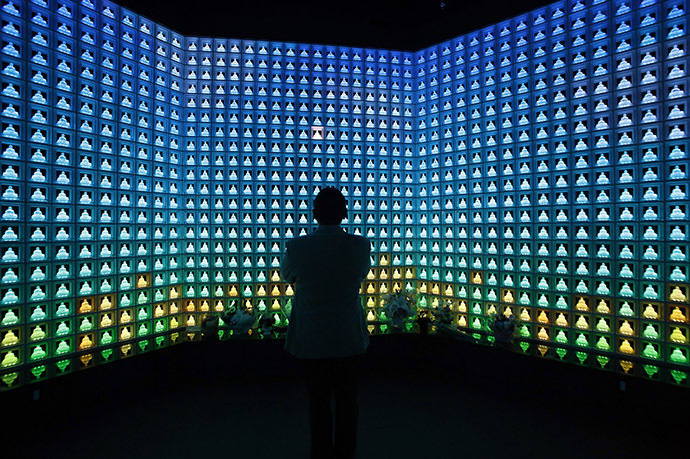
Many within Japan's elderly population desire to take care of their funeral while they are still in good health, in order to relieve their children of the burden.
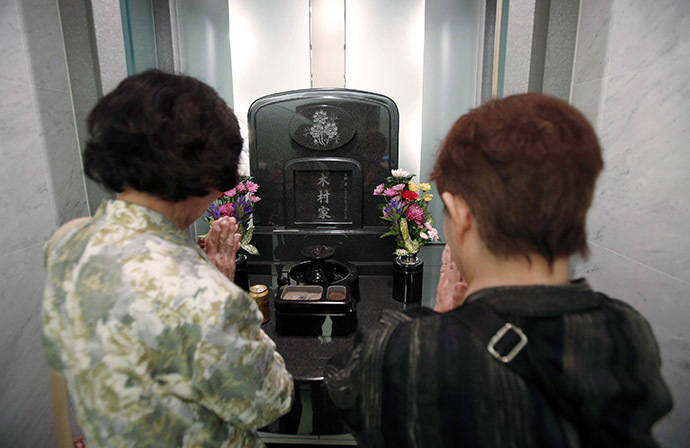
With a tour costing around 10,000 yen ($85), organizers say they have no shortage of clients.
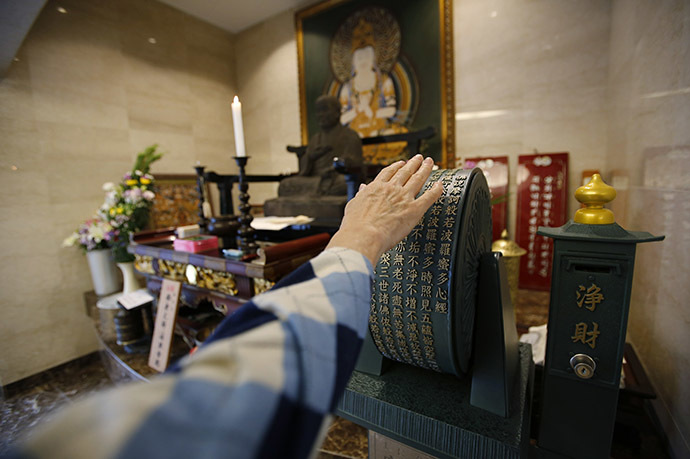
“Demand will probably further increase due to the trend toward having a close-knit family and due to the fallen birth rate,” Mitsuharu Nojima, director of the management planning division of a travel company, said.
